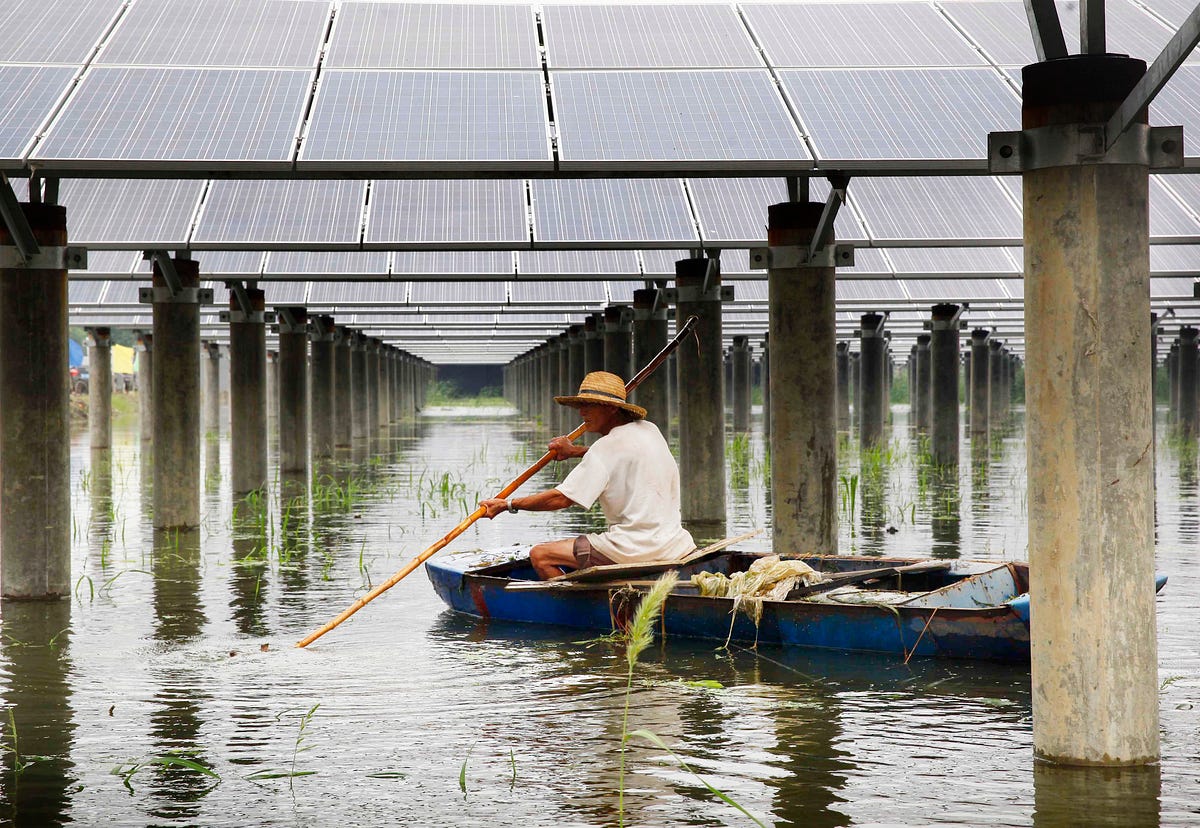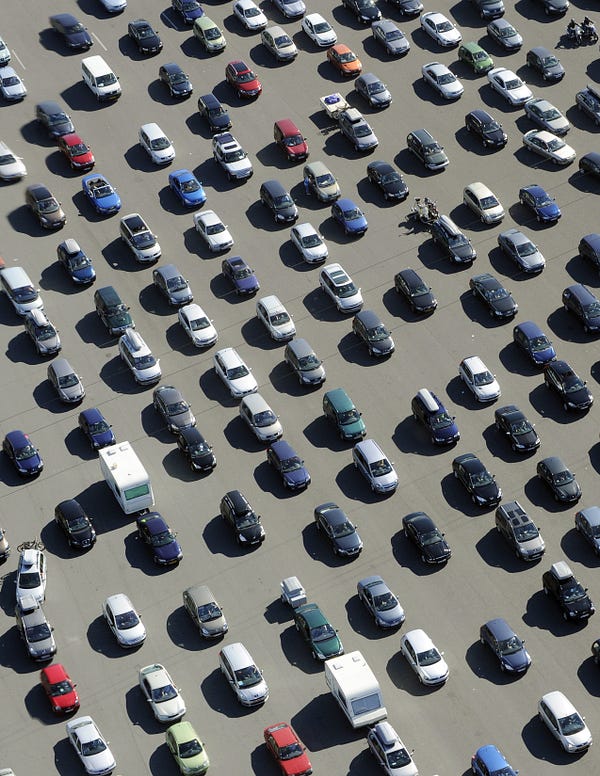The Culture of A World Without Oil
By Barry Lord

Margaret Atwood's brilliant contribution to this discussion analyzes the salient features of the climate change that we can now recognize as the inevitable outcome of the culture of consumption that oil and gas made possible. An Encyclical from Pope Francis was the most recent mainstream identification of this linkage, specifically focused on its cultural implications. As Atwood observes, my 2014 book Art& Energy: How Culture Changes (The AAM Press) demonstrates how all of our external energy sources have been accompanied by cultural transitions, from the mastery of fire and the culture of community around the hearth that it made possible to the culture of stewardship of the earth and the body that we are adopting as we switch to renewable energy.
Now we have daily news of the struggle between that incoming culture and the still dominant oil-based culture of consumption on which we are so dependent. By the culture of consumption I mean a culture that values buying things, experiences and brands in and for itself; we were shopping long before oil and gas, but their plenitude stimulated an entire way of life, especially associated with the automobile, that initially became visible after the First World War in the 'Roaring Twenties' (cf. F. Scott Fitzgerald's Great Gatsby), but really took over after World War II as oil replaced coal as the dominant global energy source beginning in the early 1960s. Supplanting the coal-based culture that depended on a disciplined work force, oil and gas made possible a widespread culture that has certainly benefited many, but which rested on ultimately unsustainable assumptions. Whereas people in the coal culture were defined in relation to the production process (as workers or capitalists, for instance), in a world powered by oil and gas we were all encouraged to see ourselves simply as consumers.
The challenge today is to define and describe the emerging culture of stewardship of the earth and the body that is so closely associated with renewable energy. A world without oil will have to be a world with fully developed renewable energy sources and the culture of stewardship that goes with them. Solar panels, wind turbines and geothermal wells provide energy by means of technology only. No fuel is needed. Once the apparatus is installed, there is nothing more to buy. The culture of consumption will no longer be rooted in our energy supply.
Even more important, by fully utilizing a global two-way power grid every building can become a producer as well as a consumer of energy. This depends on a means of storage so that we or others can access power when we need it, not just when the sun is shining or the wind is blowing. Storage of energy and of data (which can be seen as a kind of congealed energy) becomes a significant value in itself, resulting in stern penalties for hackers and a global grass-roots struggle to retain access to data banks in people's hands and minds, rather than in the exclusive domain of governments.
Access for use and capacity to store and share the goods of this world is what matters for stewardship. Acquisition, consumption and ownership are secondary. Mutual stocks collectively owned by all concerned may accordingly become the preferred model, rather than the private investment fortunes of today. A circular economy can be conceived, whereby the real cost of all products is redeemed through multiple uses of everything: there would be no such thing as a 'waste product'. Already we see a fledgling 'sharing economy' — Airbnb, Uber and much more — growing stronger daily.
In a world without oil, shopping will no longer focus our culture as it does today. Fashion will be transformed into trading, swapping and adapting our clothes to function effectively in every season. Currently millions of garments are discarded annually in every industrial country, and sending them to third world countries destroys the indigenous clothing industries there. Binge shopping and the annual Xmas celebration of consumerism will increasingly be questioned or rejected by a growing number of people committed to a culture that abhors waste.


Stewardship will characterize our attitudes to our bodies as well as the planet. Commodification of body parts for commerce may no longer colour our passions with such force. Already the fitness industry, which has grown to ubiquity in the same decades as renewable energy has been gathering force, fosters a concern to sustain our bodies holistically. In place of the fetishistic exploitation of 'private' body parts to sell sex, soap or sailboats, I have predicted that the culture of stewardship of the body will encourage tolerance for public nudity, especially as widespread obesity is increasingly recognized as another deplorable outcome of the oil-based culture of consumption.
Performance art in which the artist's body is his or her medium and earth art in which natural properties are celebrated already characterize our visual aesthetics. Musicians, poets and novelists will be situating their lyrics and plots in new contexts. Anxiety will persist, especially since nuclear energy will almost certainly be part of our renewable package; but we will be anxious about a wider range of concerns as we try to find out what it really means to be stewards of each other.
These predictions are generally consistent with the post-fossil fuel world that Ian Morris projects in the other book that Margaret cites, his Foragers, Farmers and Fossil Fuels: How Human Values Evolve (Princeton University Press, 2015). Stewardship and sustainability will be supported by the greater equality (including gender equity) and the resistance to violence that Morris foresees. It is always exciting (and reassuring) when two scholars working from different assumptions and in diverse disciplines reach broadly parallel conclusions.
The picture that emerges from this cultural analysis is less dramatic than any of Margaret's dire alternatives. This is because it is a picture consistent with our anthropology and history. From our beginnings, homo sapiens has been the only species that evolved by employing external sources of energy additional to the food we eat; we do so because we require those external energy sources to create our cultures, which are essential to us because they provide the context for our otherwise helpless young to grow into adult human beings with the capacity to reproduce our species. Our big-brain commitment to learning rather than instinct for our survival as a species meant from the beginning that we are always going to be totally dependent on the energy sources that make possible the cultures within which we can teach and learn.
Thus our current dependence on oil is not an aberration, it is the norm. Every energy source has brought certain cultural values with it — think of slavery and coal as two of the most obvious examples. Art & Energy traces the entire history of these transitions. In a world without oil, renewable energy will take the place of oil and gas, and we will eventually become as dependent on the culture of stewardship of the earth and the body as we are today on consumption. Undoubtedly there will be downsides to the new culture that we cannot yet anticipate. We are going to be learning how to see ourselves and others as mutually interested collaborative stewards rather than essentially competitive consumers. The stakes are high: as the planet's only species committed to learning, in order to save our habitat we now have to learn sustainability.
Barry Lord is the author of Art & Energy: How Culture Changes (The AAM Press, 2014) and Co-President of Lord Cultural Resources. His blog is at artandenergybarrylord.wordpress.com



No comments:
Post a Comment